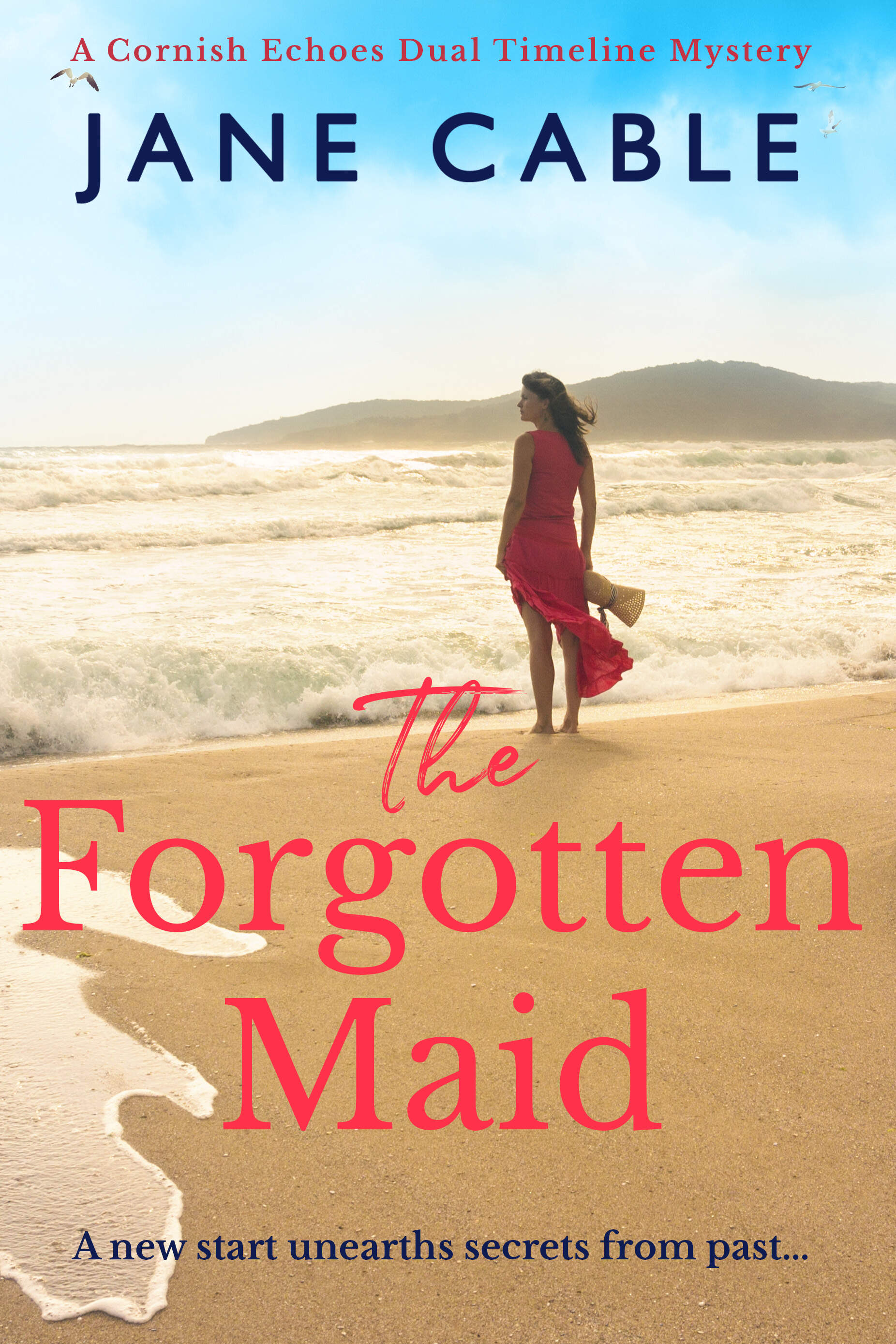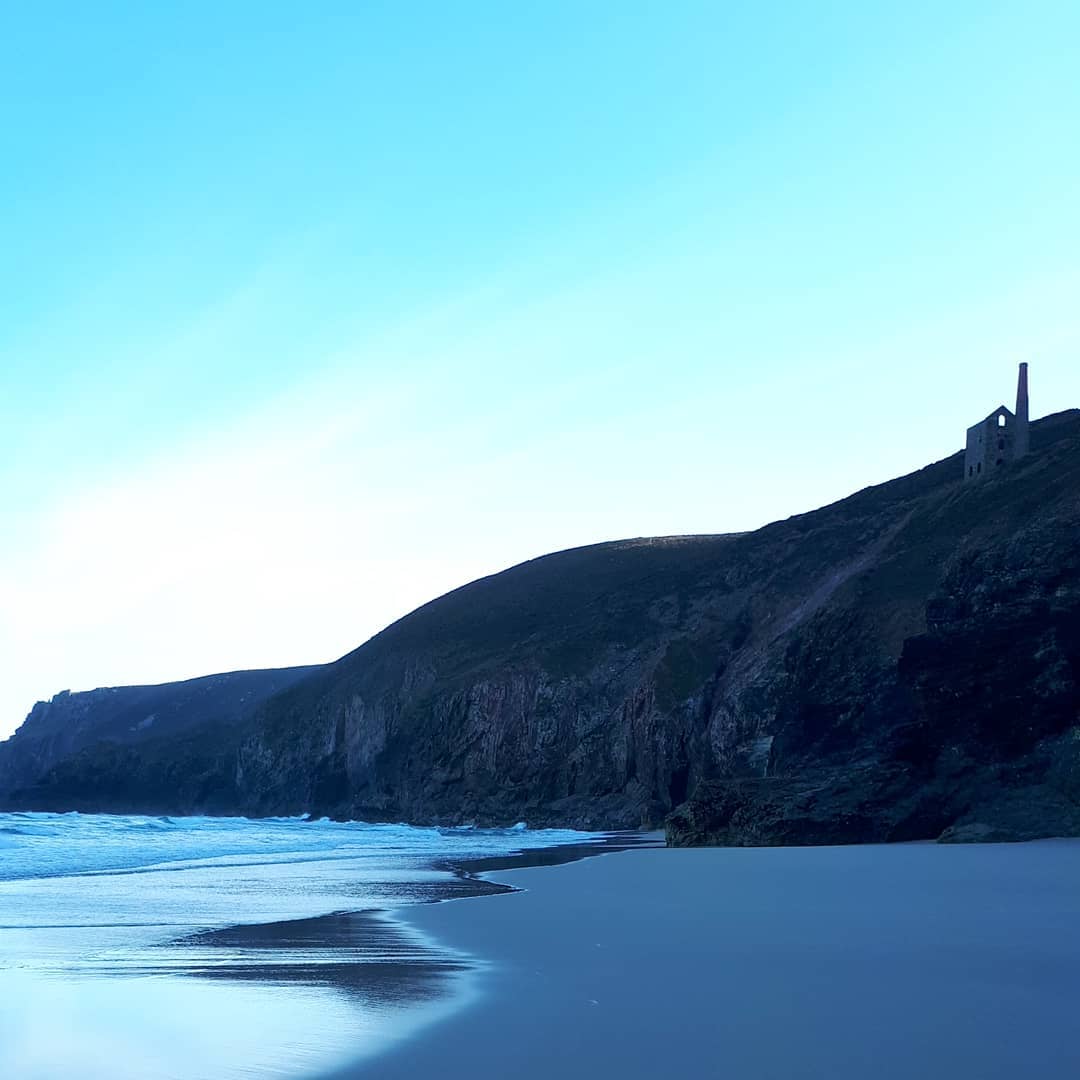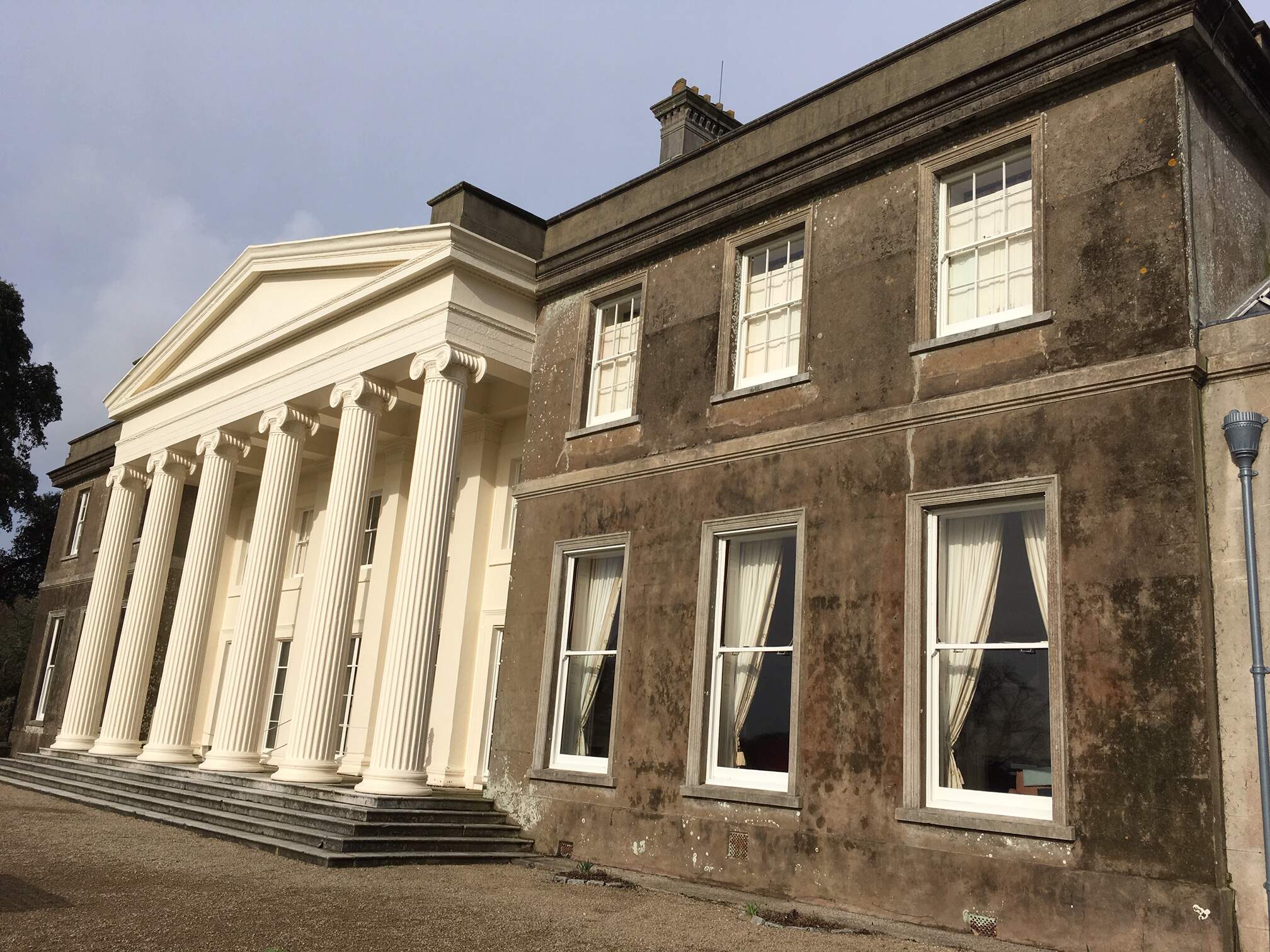The Forgotten Maid
Trelissick, Cornwall
Cornwall, 2015
Nomadic project manager Anna Pritchard has arrived in the village of Porthnevek to oversee the construction of a trendy new glamping site. But with many members of the local community strongly opposed to the development, she quickly finds herself ostracised and isolated. To keep herself occupied she spends more and more time steeped in local history, and it seems that the past and the present are beginning to collide…
Belgium, 1815
After losing her brother in the
Battle of Waterloo, French army seamstress Thérèse Ruguel is taken to London by
war artist Thomas Chalmers, becoming his reluctant muse. But with Thomas’s
mother unhappy with the arrangement, Thérèse is soon sent to Cornwall as a
lady’s maid to Elizabeth Daniell, a kindly relative of the Chalmers family. Able
to speak only a little English — and with the other servants suspicious of her
— Thérèse feels lost and alienated. And when she discovers her brother may
still be alive, she must decide whether to continue with her new life in
England, or brave the dangerous journey back to her homeland…
What became of Thérèse? Can Anna unearth the ghosts of the past?
And has she finally found where she belongs…?
The story behind the story
When I first visited ‘Porthnevek’ at the very end of 2011,
little did I know Cornwall would become my home. My husband Jim and I were
there to look for a holiday property and we immediately fell in love with the village,
it’s shabby surfer chic and very real and in no way picture postcard sense of
community.
Over the next few years we spent more and more time there and in 2017 finally
crossed the Rubicon – or in this case the Tamar – and moved to Cornwall full time.
My heart feels at home on this wild patch of north Cornish coast in a way it
never has since I left my native Wales to go to university many moons ago. You
could say, as Gun does to Anna when they first meet, that it has claimed me.
Inevitably I wanted to set a book there and the idea for The Forgotten Maid was gifted to me on a
plate one afternoon in a pub not unlike The Tinners. We were still getting to
know the locals and I was chatting to one of them when he started to tell me
about a farmer from many centuries ago he’d met while walking his dog. The man
had been most aggrieved because he had just sold an animal at market but had
dropped dead before being able to spend the proceeds.
The tale stayed with me because of the way it was told – as
if it was the most normal thing in the world. And to its teller, it was. Having
an open mind about such things and an interest in consciousness beyond matter I
had no reason to disbelieve him. He gave me permission to use his gift as a
template for Gun, but had no idea of the details of the story. Imagine my
surprise when I was well into my first draft and he told me he’d had a
conversation with a maid who was scrubbing the steps of the Mansion House, the
Daniell family’s former home in Truro.
My books have always dabbled in the past, but this time I
wanted to actually write some of it as a historical novel so decided on a dual
timeline. Visiting an exhibition at Trelissick House about ‘Guinea-a-minute
Daniell’ I learnt that most of his money had come from a mine in ‘Porthnevek’
and the connection clicked. Theirs was a history I could borrow from to create
my story.
In the end I simply borrowed the family and their houses, because my exiled Breton Maid created her own. It was Cornwall in the era of Poldark – there had to be mines, there had to be rumours of smuggling, and dashing dark-haired Cornishmen. And of course reading Winston Graham was an object lesson on how to write about that period.
I wanted both my nineteenth and twenty-first century heroines to be newly arrived in Cornwall, and knowing how hard villages resist development I decided Anna, in 2015, would be trying to set up a glamping site. Of course the villagers had to be hostile, which is why I made the name of my village fictional. The real place is warm and welcoming and friendly… although there are occasional jokes on the village Facebook pages about pitchforks when visitors misbehave.



